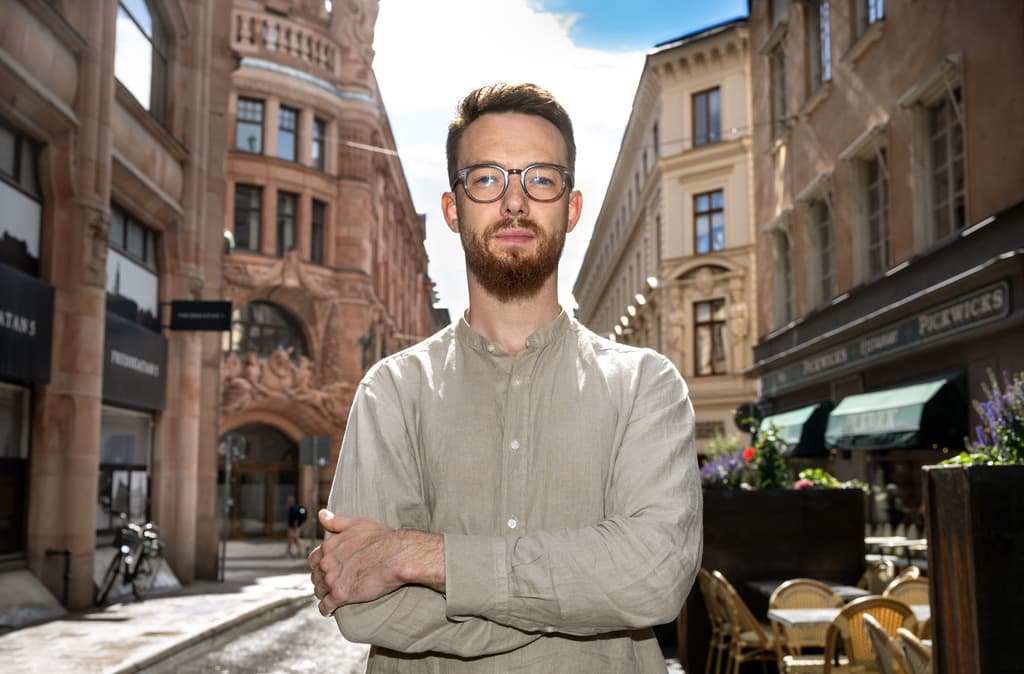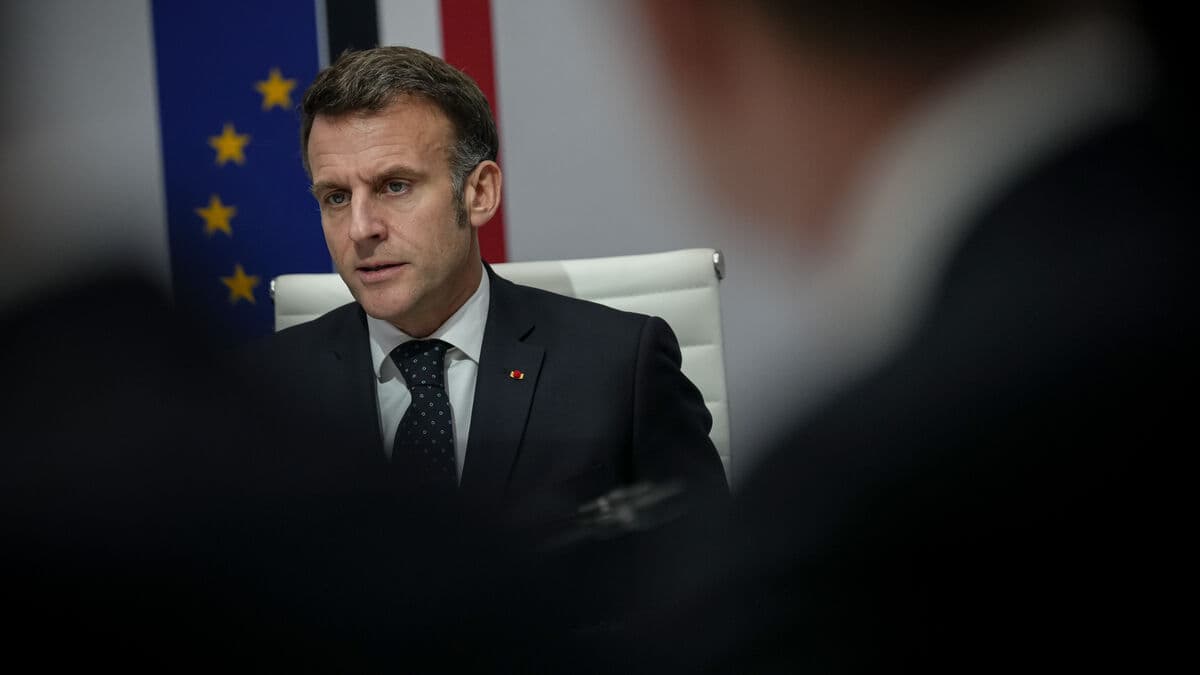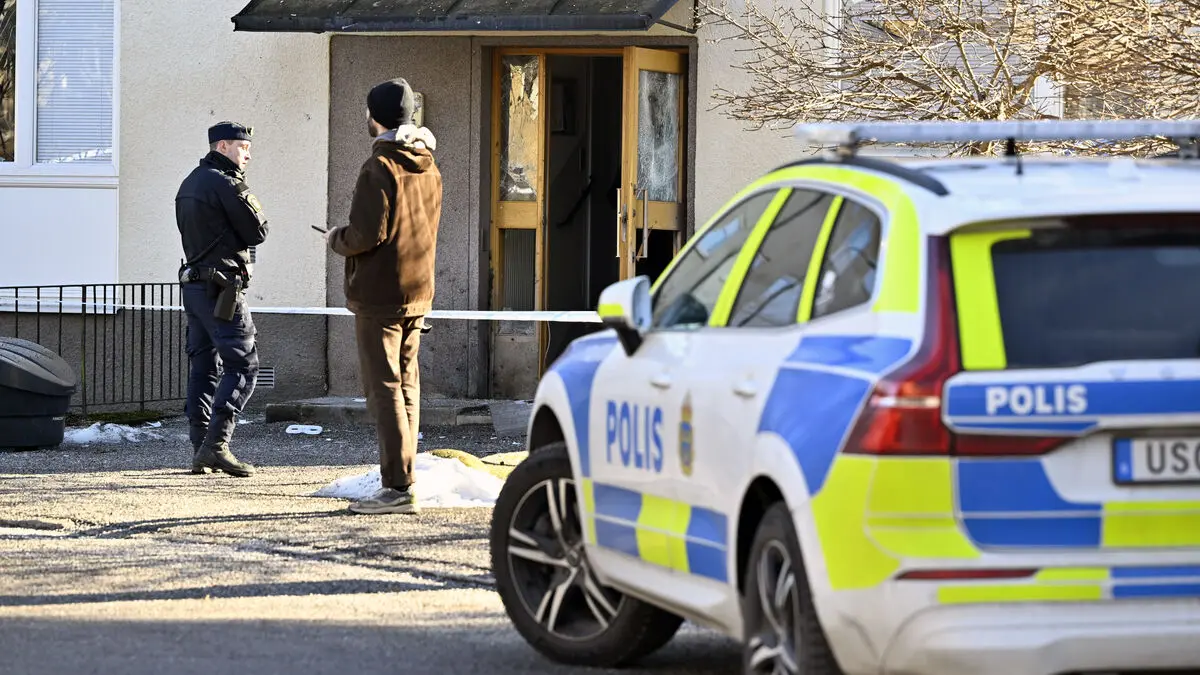The Swede Johan Floderus was arrested in Iran, accused of espionage and threatened with the death penalty. After 790 days in captivity, including over 250 in solitary confinement, he is back in Sweden.
Solitary confinement made me stronger, he says.
The 33-year-old EU official was arrested at Tehran's international airport in April 2022, on his way home after a vacation. He had visited the country before, both privately and for work, and speaks Persian since his time at the Defense Language School.
Now he is led out and put in a waiting car. From the highway, he sees the hotel where he stayed during business trips. In the hotel window, he had stood and gazed out at the foot of a mountain and the notorious Evin prison district. Now, incredibly, he is being driven there.
He is blindfolded, forced to undress, and changed into a gray prison uniform before being led into a cell and hearing the door slam shut behind him.
I think it's absurd, nightmarish, but you wake up from nightmares, says Johan Floderus.
"Trying to find meaning"
During eight of the first nine months, he is kept in solitary confinement. Constantly lit lamps, toilet visits under camera surveillance, and silence. Occasionally, a walk under the open sky in an inner courtyard surrounded by high concrete walls.
Fear, despair, and constantly crushed hope, which he eventually decides to abandon.
After the initial psychological and emotional collapse, when I realized that this wasn't a mistake but a hostage-taking and that it wouldn't be resolved in a few weeks, I understood that I couldn't live on hope, he says.
I tried to find meaning and purpose and acceptance for my daily life as it was. It was a choice to view the whole thing as a trial I would get through.
A familiar voice
When the cell door next to his opens, he one day hears a familiar voice. It is the Belgian aid worker Olivier Vandecasteele, whom Johan Floderus had met several years earlier. He calls out and gets a surprised response:
Johan, what are you doing here?
We sat there, wall to wall, for months without being able to talk through the thick walls, but the realization that we were doing it together was enormous support.
Later, he will, for shorter periods, share a cell with the Belgian, who was released in May 2023, and the Swedish-Iranian Saeed Azizi, who was released in the same prisoner exchange as Floderus.
I've had a lot of contact with both of them since we got home.
Criticized decision
The prisoner exchange, in which Hamid Noury, sentenced to life imprisonment for serious war crimes, went in the opposite direction, has sparked criticism. Partly from relatives of Noury's victims, partly from those who believe that the government is sending a signal that Iran's hostage diplomacy works.
I understand the anger. I apologize and I am extremely sorry that those who fell victim to Hamid Noury's atrocities have lost the justice they felt they had received with the verdict.
He is also being criticized. Despite there being no travel warning from the Foreign Ministry, some believe that someone in his position should have known better.
If it hadn't been me, another Swedish citizen would have been taken as a hostage, says Johan Floderus.






